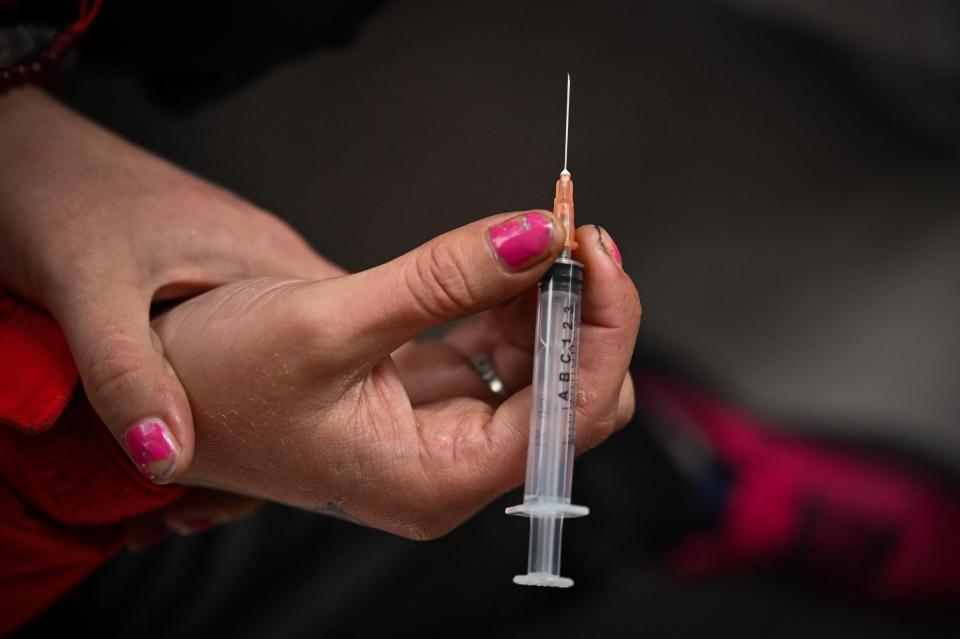Drug-related deaths in England and Wales reach record levels

Drug-related deaths in England and Wales have risen to their highest level in more than 25 years.
A total of 4,561 deaths involving drug poisoning were registered in 2020 by the Office for National Statistics (ONS).
This is the highest number since records began in 1993.
About half of these deaths would have occurred in 2019, because of delays in registering the deaths during the pandemic, the ONS said.
Of the deaths registered last year, two thirds (2,996) were related to drug misuse, and half (2,263) involved an opiate such as heroin or morphine.
The proportion of opiate-related deaths increases to 64.5 per cent when deaths that had no drug type recorded on the death certificate are excluded.
Almost a quarter (1,050) of drug poisoning deaths registered in 2020 had no drug type recorded on the coroner’s death certificate – for example, aomw records only mention “drug overdose” or “multiple drug toxicity”.
As more than half of all drug poisoning deaths involve more than one drug, it is not possible in those cases to tell which drug was primarily responsible for the death – the ONS stressed.
Some 777 deaths involved cocaine – a figure more than five times higher than the 144 cocaine-related deaths registered in 2010.
The number of deaths involving prescription and “street” benzodiazepines increased from 399 to 476 from 2019 to last year, and the number of fatalities involving anticonvulsant drugs pregabalin and gabapentin rose from 333 to 462.
Of the 796 deaths mentioning at least one of the anticonvulsant or sedative substances, 93 per cent of death certificates mentioned another drug and 80 per cent of them mentioned an opiate. These drugs are often taken together to enhance the effects, but can increase the risk of overdose.

Men and teenage boys accounted for more than two thirds of the drug-related deaths (3,108) in 2020.
Members of Generation X, who are now aged between 40 and 49, have had the highest rates of drug deaths over the past 25 years.
The ONS said possible explanations for the rise could be that there is an ageing cohort of drug users experiencing the effects of long-term use and becoming more susceptible to a fatal overdose.
The figures show that rates of drug-related deaths have risen by 60.9 per cent in the past 10 years – from 49.4 deaths per million of the population of England and Wales in 2010 to 79.5 deaths per million people in 2020.
There is a north-south divide in the rate of such deaths, with the North East of England having three times the number of London, which has the lowest figure.
Wales recorded its lowest rate since 2014 – with 51.1 deaths per million people – but the ONS said death registration delays could have affected the figures.
Last week, separate figures showed that 1,339 people died from drug misuse last year in Scotland, which continues to have the worst drug-related death rate in Europe. Glasgow is the most-badly affected out of all European cities.

 Yahoo News
Yahoo News 